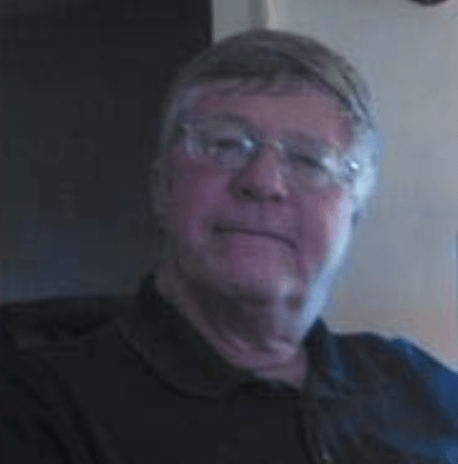People to be proud of
I think it goes without saying that all of us in long-term care publishing—our magazine and our competitors—have a deep admiration for the people in this field who fulfill its mission of caring for the most vulnerable members of society. There is no special glamour, recognition, or financial reward attached to it. It's not likely any of these people will command anywhere near the ink or TV time of a Paris Hilton or a Lindsay Lohan—certainly not of an American Idol. Even within healthcare itself, long-term care providers usually take a backseat. High-powered hospital executives or clinicians they aren't.
Nevertheless, they provide healthcare and support 24/7 for often very difficult-to-manage residents and patients. They're the people for whom the term “unsung hero” was invented.
Even then, there are some who manage to stand out from this group because they're doing something particularly special. I would submit that almost everyone covered in our “Not-For-Profit Report” every month fits in that category. Most certainly the winners and participants in our annual OPTIMA Award can wear the mantle, as well (and you'll meet our latest addition to that roster in our cover feature next month).
There are three individuals, however, whom I would like to particularly single out in this space—people fairly well known in our field, each of whom will write in coming issues of our magazine describing a unique contribution they're making to long-term care.
Daniel W. Farley, PhD, president/CEO of GlenWood Park Retirement Village in Princeton, West Virginia, Editorial Board member, and frequent OPTIMA judge, will be writing on some extra steps his state is taking to ensure ethical behavior by long-term care administrators. Noting that public perceptions of the field are mixed at best, and that the horror stories that emerge from time to time in this field are indeed horrendous, Farley describes how his state's Nursing Home Administrators Licensing Board is putting real teeth into its rules governing licensure. One such measure actually will hold administrators responsible for failing to blow the whistle on any unethical behavior they witness by colleagues or peers. Although this requirement will raise hard questions of proof, still, the thought of licensure exposure should be enough to at least give someone pause about covering up. It's the kind of self-policing that other professions, notably physicians and lawyers, are always urging upon themselves and seldom delivering. Dan Farley should be proud of the attempt to strengthen his profession.
Also to come in a couple months is an editorial by long-term care software vendor Jerry Rhoads and his wife Sharon on a new foundation they have created to facilitate ongoing community support of frail, lonely nursing home residents. Called “Adopt a Nursing Home Patient,” it encourages facilities to recruit volunteers from the community to provide continual support and companionship to residents in need. Interestingly, the money supporting this initiative comes from the proceeds of a successful lawsuit the couple prosecuted for the death of Sharon Rhoads's mother from nursing home abuse and neglect. Rather than “take the money and run,” Sharon and Jerry Rhoads are working to prevent such sad and tragic circumstances from impacting on others.
These are both heartening stories in a field that needs heartening. My hat is off to Dan Farley, Sharon and Jerry Rhoads, and all others who labor in the same spirit of helpfulness.
RICHARD L. PECK, EDITOR-IN-CHIEF
To send your comments on this editorial to the author and editors, e-mail peck0807@nursinghomesmagazine.com.

Richard L. Peck was editor in chief of I Advance Senior Care / Long-Term Living for 18 years. For eight years previous to that, he served as editor of the clinical magazine Geriatrics. He has written extensively on developments in the field of senior care and housing.
Related Articles
Topics: Articles











